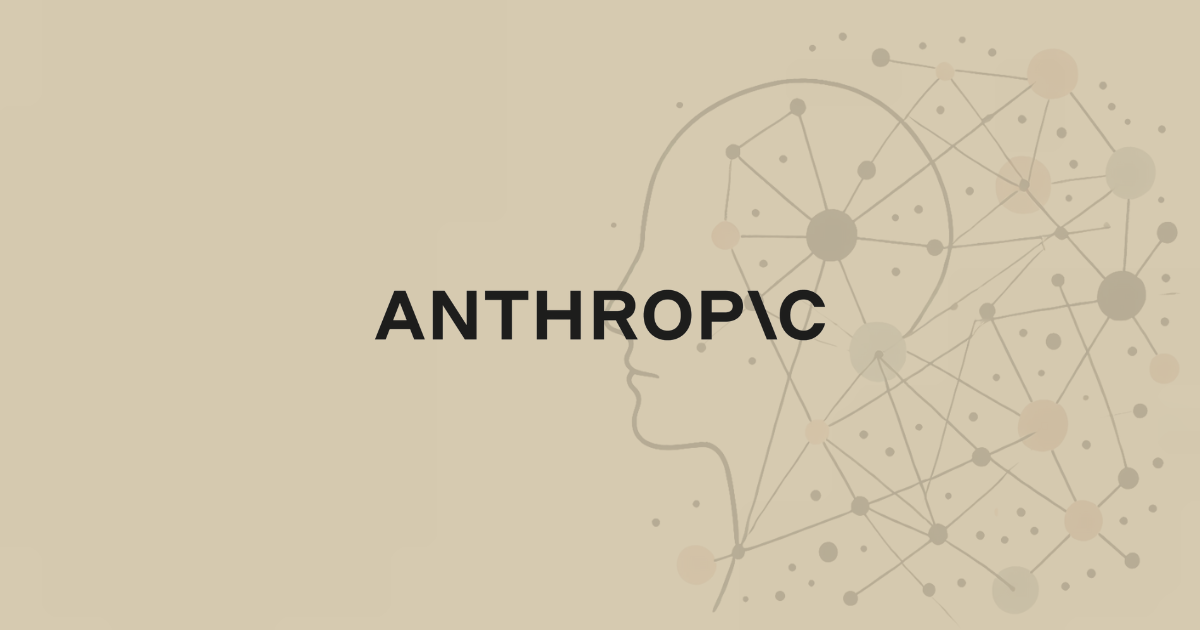Anthropic Settles AI Copyright Lawsuit with Authors

Anthropic has settled a class action lawsuit with a group of authors regarding the use of books as training material for its AI models. The settlement was announced in a filing with the Ninth Circuit Court of Appeals. Previously, a lower court had ruled that Anthropic's use of the books qualified as fair use, but the company faced significant financial penalties due to the pirated nature of many of the books used.
The lawsuit, known as Bartz v. Anthropic, involved authors Andrea Bartz, Charles Graeber, and Kirk Wallace Johnson, who alleged that their works were used without permission. The settlement allows Anthropic to avoid a trial that could have resulted in damages exceeding $1 trillion, a sum that posed a significant threat to the company's financial stability.
The settlement is expected to be finalized by September 3, with further details to be disclosed. This case is one of several copyright-related legal challenges facing Anthropic, including a high-profile dispute with major record labels over the use of copyrighted lyrics in AI training.
We hope you enjoyed this article.
Consider subscribing to one of our newsletters like AI Policy Brief or Daily AI Brief.
Also, consider following us on social media:
More from: Regulation
Subscribe to AI Policy Brief
Weekly report on AI regulations, safety standards, government policies, and compliance requirements worldwide.
Whitepaper
Stanford HAI’s 2025 AI Index Reveals Record Growth in AI Capabilities, Investment, and Regulation
The 2025 AI Index by Stanford HAI provides a comprehensive overview of the global state of artificial intelligence, highlighting significant advancements in AI capabilities, investment, and regulation. The report details improvements in AI performance, increased adoption in various sectors, and the growing global optimism towards AI, despite ongoing challenges in reasoning and trust. It serves as a critical resource for policymakers, researchers, and industry leaders to understand AI's rapid evolution and its implications.
Read more
